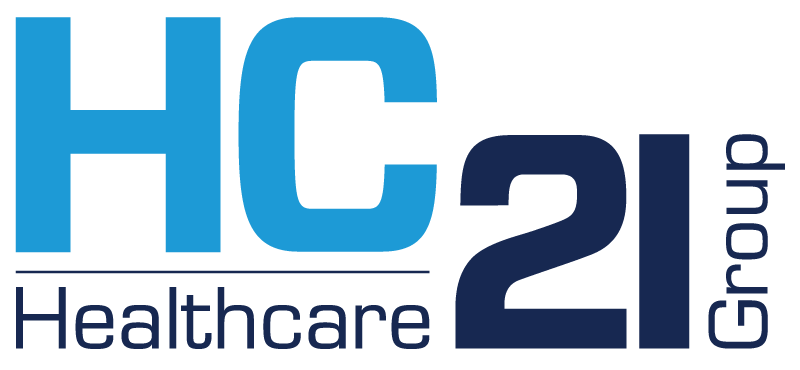
The Scope - Endoscopy Newsletter
BSG Live ‘22 – 20th-23rd June
With our partners Fujifilm we are excited to be supporting this year’s BSG annual meeting – BSG Live ’22. Returning as a face-to-face meeting BSG live remains the must-attend event of the year for those who have an interest or specialise in Gastroenterology or Hepatology. The event will showcase the latest clinical and educational developments within the speciality and will boast an impressive range of national and international speakers.
Visit us in Hall 3 – Stand A40/41 and Hall 4 – Stand B4, where we will be exhibiting the latest Fujifilm endoscopy technology – “Eluxeo Ultra” along with a range of Endo therapy devices, Purastat, Tawoong and the Omom capsule endoscopy system.
Aquilant will also be supporting 3 stations in the Endoscopy Village

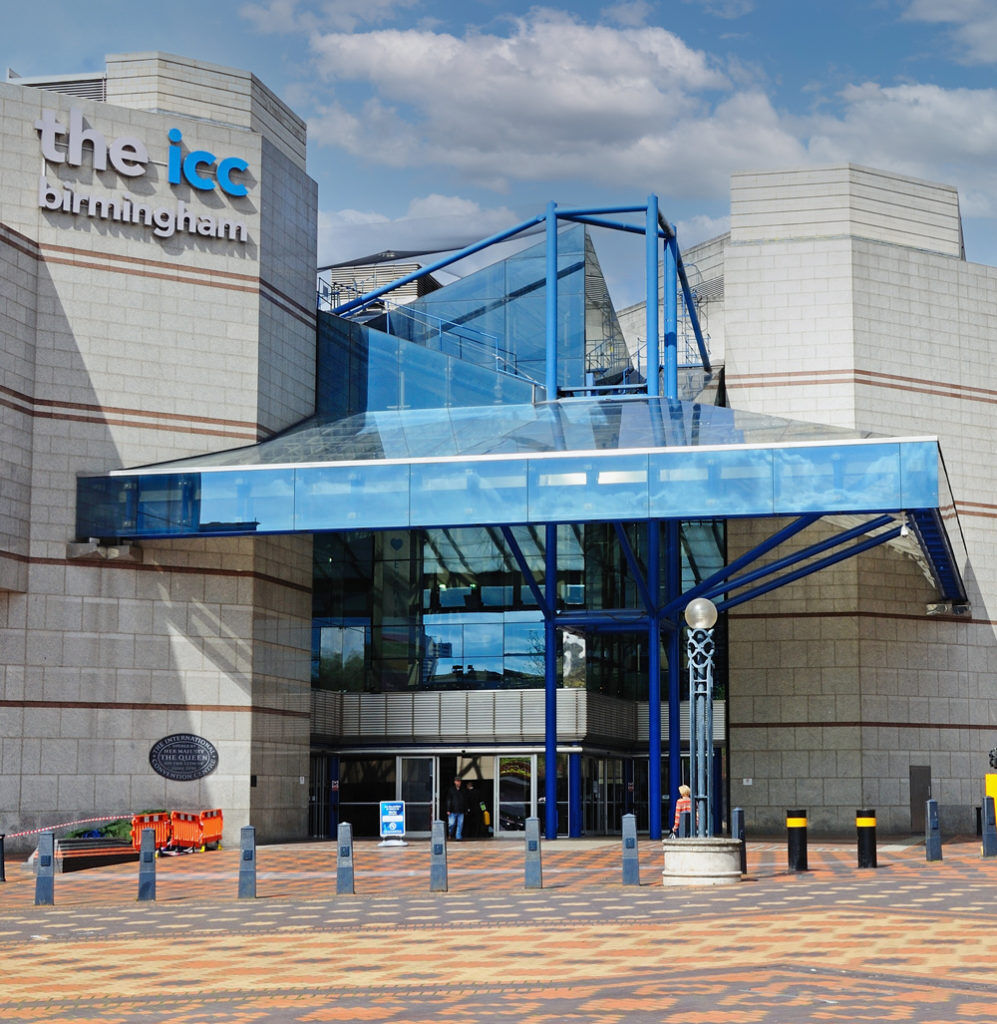
Introducing Eluxeo Ultra

Eluxeo Ultra is the first commercially available endoscopy systems to both detect and characterise lesions in real-time. The CAD EYE AI platform supports clinical decision making, helping to improve lesion detection and improved patient outcomes due to early disease diagnosis.
ColoAssit Pro is the latest innovation to be added to the Eluxeo Ultra platform – Providing real-time endoscope visualisation helping endoscopists to identify loop formation and perform efficient, accurate and comfortable colonoscopies.
Improving ADR – New Technology Update
Hall 4, Thursday June 23rd, 10:40-10:55
BSG Silent Symposium
Adenoma detection rate (ADR) is the most widely used metric to assess quality of colonoscopy. Studies have shown ADR to correlate with other measures of colonoscopic performance such as withdrawal time, caecal intubation rate and longer term outcomes such as interval cancer rate.
Of particular interest is the recent arrival of artificial intelligence, with some AI platforms now offering both detection and characterisation support for the endoscopist.
During this session Dr. Bu Hayee, (Kings College Hospital) will be exploring some of the latest endoscopic technologies in the market that may help to improve Adenoma Detection Rates (ADR) during colonoscopy.
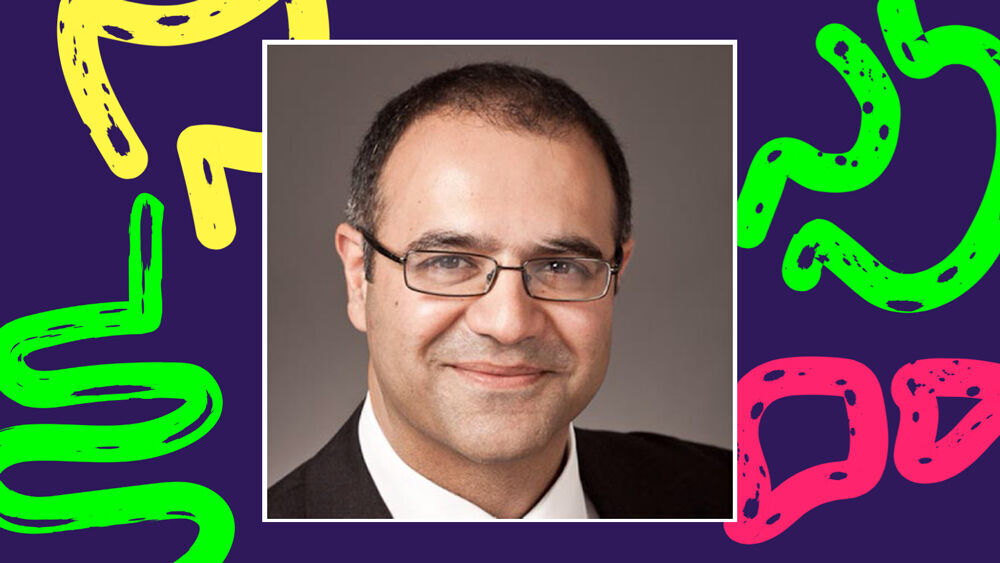
Dr. Bu’Hussain Hayee
Clinical Director for Gastroenterology and Endoscopy, King’s College Hospital, London Clinical Director for London Endoscopy Academy
4th Stoke ERCP & EUS Symposium
21st & 22nd Sept 2022
The Stoke ERCP & EUS symposium returns on 21st & 22nd September and will once again bring ERCP and EUS specialists together for two days of engaging debate and learning, under guidance of an expert local, national and international faculty.
Live cases will be presented from the Royal Stoke University Hospital, the Asian Institute of Gastroenterology, Hyderabad and Deenanath Mangeshkar Hospital, Pune. Course directors Srisha Hebbar and Damien Deakin invite you to join for this not-to-be missed event.
For further details and to register at the discounted “early bird” rate click HERE
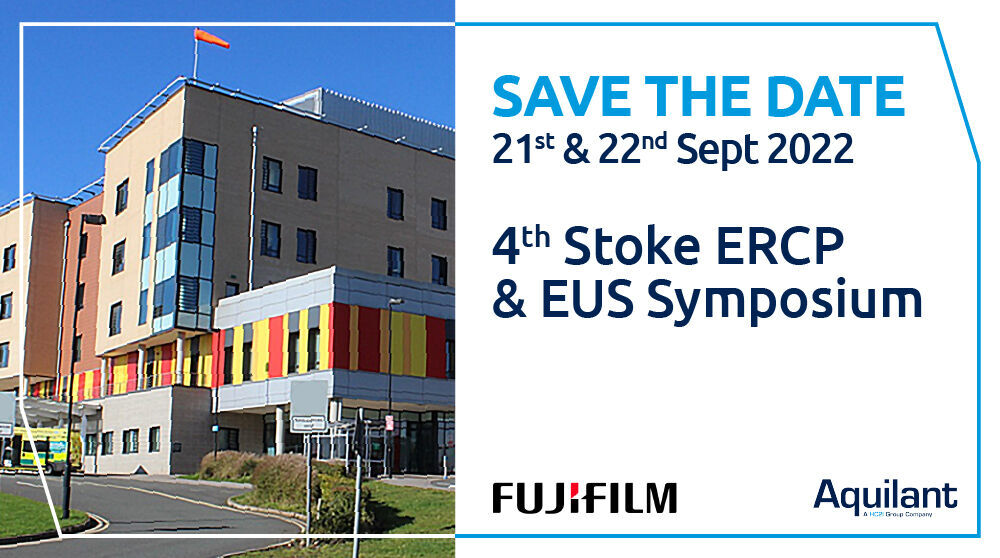
Collaborative Working, Achieving Clinical Effectiveness –
Double-Balloon Enteroscopy
In April the Aquilant Endoscopy team were asked to support Dr Edward Despott for a one-of-a-kind Double-Balloon Enteroscopy case at the Great Ormond Street Hospital (GOSH), London.
Providing a state-of-the-art Fujifilm Eluxeo system and Double-Balloon Enteroscope (DBE) to Great Ormond Street so that a young patient with the very rare Blue Rubber Bleb Naevus Syndrome could be treated. Although launched in 2007 the innovative Fujifilm DBE system is still universally recognised as the gold standard in small bowel deep enteroscopy.
Dr Edward Despott, (Clinical lead at the Royal Free Hospital) an expert in Double-Balloon Enteroscopy was asked to collaborate with the team at Great Ormond Street to perform the advanced procedure, which lasted nearly five hours. This is what he had to say:
“Today was a great day of cross-London collaborative working, which allowed us to treat a 6-year-old girl who is transfusion dependent secondary to the exceedingly rare Blue Rubber Bleb Naevus Syndrome, on whom we did the first ever double-balloon enteroscopy to be performed at Great Ormond Street Hospital for children.
At pan-Enteroscopy with colonoscopy, we managed to treat 66 culprit vascular malformations, scattered throughout the whole of the GI tract. Thank you to our super team of nurses and Dr Stavroula Pelitari from the Royal Free Hospital and to Aquilant Ltd for providing equipment and on-site support, and to Dr Fevronia Kiparissi (from GOSH) for facilitating the successful effort- it is very much appreciated!”
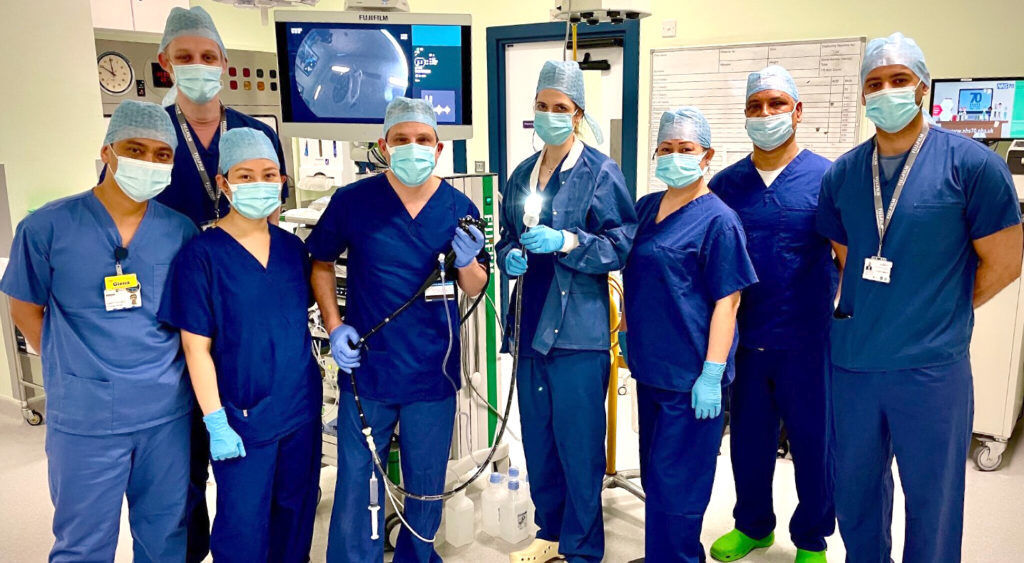
Above: Dr Edward Despott and the nursing teams from Royal Free Hospital and Great Ormond Street Hospital, along with Tom Agricole (Product Manager) & Luke Johnson-Proctor (Clinical Specialist) from the Aquilant team.
The 11th International Transnasal Endoscopy Training Workshop
This year’s International Transnasal Endoscopy (TNE) workshop, now in its 11th year was a huge success with a record number of delegates attending the in-person event at the Royal Society of Medicine (RSM) in London. TNE has never been more relevant than it is today, and the technique has an important role to play in helping to reduce the upper GI endoscopy patient backlog, and the future of diagnostic gastroscopy.
Thank you to course directors Dr Edward Despott and Dr. Simon Panter and the expert faculty who made it such an informative and educational day for all those attending.
To find out more about TNE and how setting up a service can benefit your clinical practice, please visit our new dedicated Transnasal Endoscopy website where you can access clinical papers, technology updates and upcoming training events – https://internationaltne.com
Watch highlights of the recent International TNE training workshop here:
Innovation in Haemostasis – EndoPort Purastat Symposium
In conjunction with our partners 3-D Matrix, we were pleased to host a symposium and dinner at Endoport last month. This evening event, led by Professor Bhandari, provided the opportunity for clinicians across the country to get together to discuss and share their own experiences with Purastat. Recent clinical data was also shared, including the latest data from the prospective observational Purastat study (POPS).
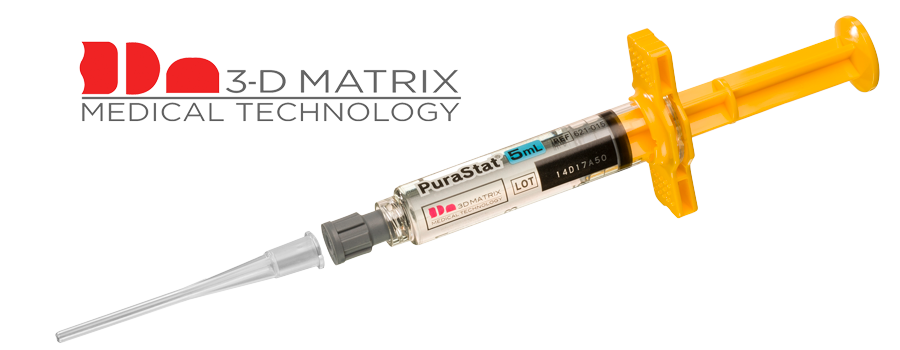
Purastat is becoming an increasingly used haemostat for upper and lower GI oozing bleeds, many centers are finding it more and more useful for treating bleeds post ERCP, post polypectomy, with some centers beginning to use it for Radiation Proctitis. Nursing teams in North Lincolnshire, South Lincolnshire and Redditch have been undergoing training days in the last month, with hands on support both in and out of theatre, to understand how best to use Purastat.
Preparation, application and appropriate bleeds are all areas that have been focused on during the training; whilst also discussing its use in Radiation Proctitis as not just a haemostat, but also a therapeutic tool in healing the tissue. Recent and ongoing research is beginning to demonstrate that a 12-week intervention, featuring 4 applications at the bleed sites, will show significant reduction in bleeds in radiation proctitis patients.
This topic was also discussed with Dr Ghangro and his team of delegates at the recent Training the Colonoscopy Trainers (TCT) course. Following the presentation many great points were raised comparing commonly used methods for treating Radiation Proctitis and Purastat. Delayed risk of further bleeding and healing of the tissue, alongside the easy application and scope visibility once applied are just some of the many benefits to using Purastat for Radiation Proctitis bleeds.
Upcoming Events

